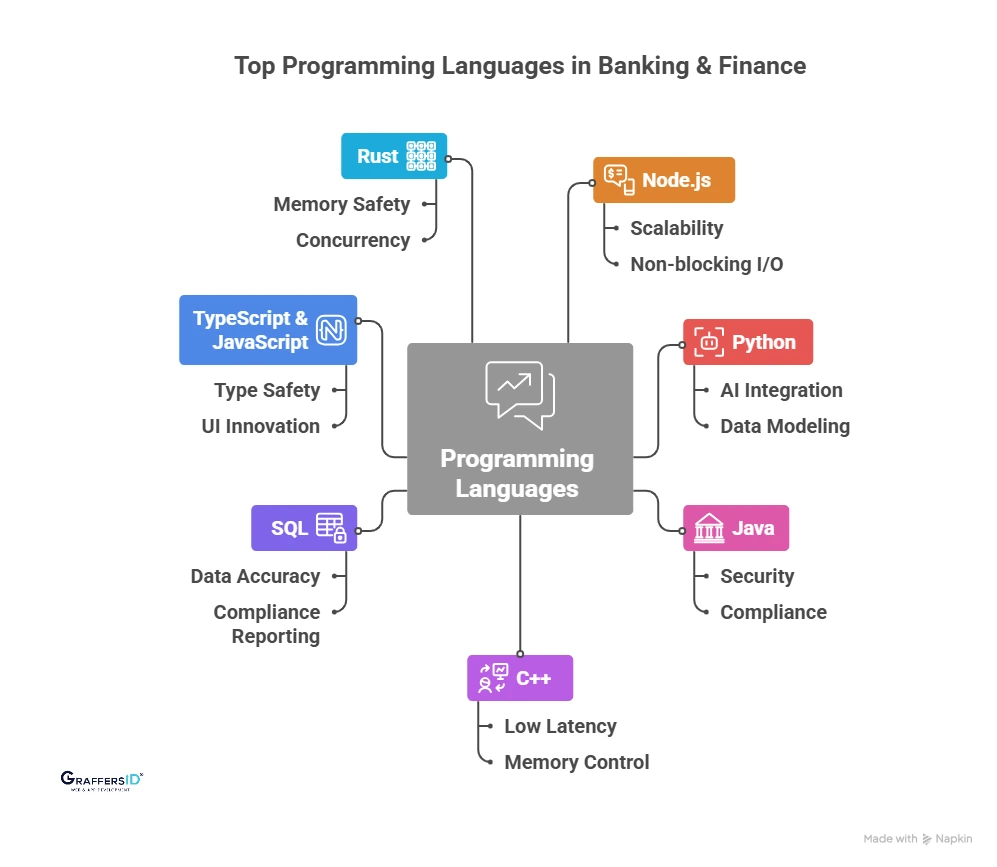
Let’s be honest. For most of us, banking is about as exciting as watching paint dry. It’s a utility. A necessary chore. You set up your account years ago and, well, you just haven’t thought about it since.
But here’s the deal: your money is never just sitting there. While you sleep, work, or play, the capital in your bank account is on the move. It’s being lent out, invested, and used to fund projects. The real question is, what kind of projects are you, indirectly, funding?
This is the heart of ethical banking and the conscious money movement. It’s the simple, powerful idea that where you bank is a direct reflection of your values. Your money is a vote for the kind of world you want to live in.
What Exactly Is Ethical Banking, Anyway?
At its core, ethical banking is about alignment. It means choosing a financial institution whose practices align with your personal and social values. Think of it as moving from a passive relationship with your money to an active one.
Traditional banks, you know, the big ones on every corner, often make investments based purely on profit. This can lead to them funding industries you might find problematic—like fossil fuel extraction, private prisons, or weapons manufacturing. Out of sight, out of mind.
Ethical banks, on the other hand, operate with a double or even triple bottom line: people, planet, and profit. They are transparent about where they lend your money. They actively seek to create positive social and environmental impact.
The Pillars of a Truly Ethical Bank
So how can you spot one? Look for institutions built on these foundational principles:
- Transparency: They openly share where they invest and lend their capital. No smoke and mirrors.
- Social & Environmental Screening: They have clear, publicly available policies that exclude harmful industries. They proactively look for opportunities to fund good.
- Community Development: They focus on lending locally—to small businesses, affordable housing projects, and community initiatives that mainstream banks might overlook.
- Inclusive Practices: They often provide fair access to financial services for underserved communities and operate with a commitment to equality.
Beyond the Bank Account: The Conscious Money Ecosystem
Okay, so ethical banking is a huge first step. But the conscious money movement doesn’t stop there. It’s a holistic approach to your entire financial life. It’s about being intentional with every dollar that flows through your hands.
This includes things like:
- Impact Investing: Directing your investments (through IRAs, brokerages, etc.) into companies with strong environmental, social, and governance (ESG) records or specific themes like renewable energy or sustainable agriculture.
- Choosing Ethical Brands: Supporting companies that pay living wages, ensure safe working conditions, and prioritize sustainable sourcing. Your spending is a powerful signal.
- Banking with Credit Unions: Often, credit unions are member-owned, not-for-profit alternatives that prioritize member well-being over shareholder profits. They are a fantastic pillar of the conscious money movement.
A Quick Comparison: Traditional vs. Ethical
| Feature | Traditional Bank | Ethical Bank or Credit Union |
| Primary Goal | Maximize shareholder profit | Balance profit with positive social/environmental impact |
| Lending Focus | Often includes fossil fuels, large corporations | Local small businesses, renewable energy, affordable housing |
| Transparency | Low; investments are often opaque | High; publicly shares lending policies and impact reports |
| Ownership | Shareholders | Members (Credit Unions) or a combination of stakeholders |
Making the Switch: It’s Easier Than You Think
The idea of switching banks can feel daunting. Paperwork, automatic payments, direct deposits… it sounds like a headache. But honestly, the process has become much more streamlined. And the impact is well worth a couple of hours of admin.
Here’s a simple, step-by-step guide to moving your money consciously:
- Do Your Homework: Research ethical banks and credit unions. Look for their “Impact Reports” or “Community Benefits” statements. Online tools and comparison sites can help you find one that fits.
- Open Your New Account: Start by opening your new ethical account with a small deposit. Many of these institutions have fully online onboarding.
- The Big Migration: Make a list of all your automatic payments and direct deposits. This is the most crucial step. Then, one by one, switch them over to your new account. It’s a bit tedious, sure, but it’s a one-time task.
- Phase Out the Old: Once all your transactions are smoothly running through the new account for a month or two, you can confidently close the old one.
The Ripple Effect of Your Financial Choice
You might wonder if your individual choice really matters. It does. It really, really does. When you move your money, you’re not just making a symbolic gesture. You are actively withdrawing financial support from harmful industries and redirecting capital toward positive change.
Think of it as a drop in a pond. One drop creates a ripple. As more people join the conscious money movement, those ripples become a wave. It signals to the entire financial industry that people care about more than just interest rates—they care about integrity.
This is about rebuilding a financial system from the ground up, one bank account at a time. A system that values clean air, fair wages, and thriving communities just as much as it values returns.
So, the next time you glance at your bank balance, see it for what it truly is: not just a number, but a collection of potential. A force for the future. The ultimate question isn’t just how much money you have, but what that money is doing in the world.




